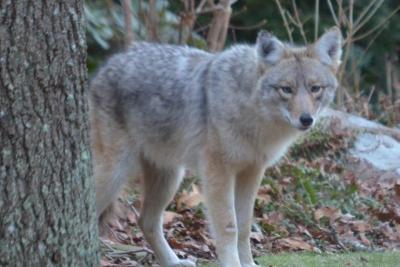Board of Health warns of potential rabies risk
The Board of Health is advising residents to be mindful of the risk of rabies from wild mammals.
In the fall, many juvenile animals are on their own for the first time and in their search for food often end up in yards, bringing them in close contact with people.
Rabies is a serious disease that affects the central nervous system. The virus spreads when an infected animal bites another animal or a person or if the infected animal’s saliva gets into a scratch, wound, eyes, nose or mouth.
Contracting rabies is almost always fatal, but it is also 100% preventable, according to the Board of Health.
To protect themselves, pets and farm animals, the Board of Health said residents should take safety precautions, including not handling wildlife, keeping pets leashed or within a fenced yard and notifying Dartmouth Animal Control if wildlife are exhibiting strange behaviors.
On Sept. 14, Kathy Normore, who lives on Old Fall River Road, was attacked by a coyote that Dartmouth Animal Control thought was rabid.
“It was quarter to four in the afternoon,” Normore said. “Broad daylight.”
The coyote came out of tall grass and “just latched onto my arm,” she said.
Normore received a series of rabies shots that didn’t end until Saturday, Sept. 28.
“I don’t wish these shots on anybody,” she said.
Normore said she believes the town is letting the community down by not taking her attack seriously.
According to Normore, the town put out a general statement about rabies and avoiding wildlife after her attack, but it didn’t actually mention her incident.
“It wasn’t like I was trying to pet it,” she said, adding that they should have done more to warn residents about the risk of rabies.
“I just want the public to be aware that it can happen any time, day or night,” Normore added.














